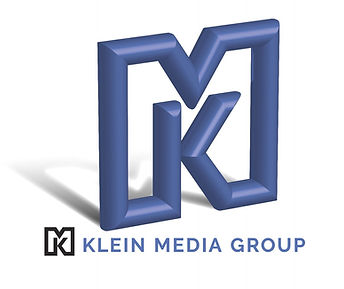top of page

Kevin Klein

30:55

14:45

27:48

35:02

15:28

24:22

20:37

15:03
Watch Inside Winnipeg Politics





About
Kevin Klein is a distinguished professional with a remarkable track record in both the private sector and public service. As a finalist in Canada's Top Forty Under Forty, he has been recognized for his outstanding achievements and contributions to the community. With extensive experience in communications and media relations, Kevin has demonstrated exceptional skills in navigating complex challenges and building meaningful connections.

bottom of page














